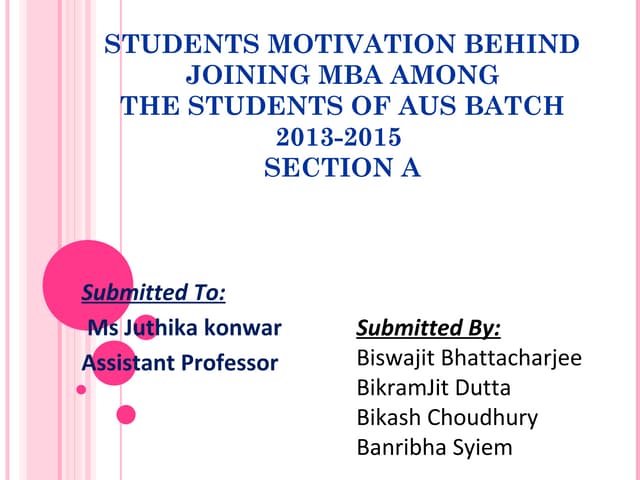
:max_bytes(150000):strip_icc()/2795164-what-is-extrinsic-motivation-5b31542404d1cf0036a91c79.png)
Increased cohesion among team members may lead to enhanced communication, improved productivity and increased quality of work. In the workplace, employees may be more likely to work collaboratively with one another in order to preserve the well-being of their professional relationships. Maintaining positive relationships is a powerful extrinsic motivation. Rewards for the completion of tasks may vary, but could include: If employees know there is a reward at the end of their hard work, they may be more likely to maintain focus and input their best efforts. Related: Types of Motivation in the Workplace (With Examples) Importance of extrinsic motivation in the workplaceĮxtrinsic motivation has an important role in the workplace because it may: Increase productivityīy offering rewards at the completion of tasks, you may be able to increase productivity in the workplace. Getting your driver's license after taking driver's education classes Receiving compliments on your hair after getting a haircut Examples of external rewards gained through extrinsic motivation may include:Ī dog receiving a treat after doing a trick Regardless of the reward, extrinsic motivation focuses on completing tasks because of the benefits provided upon completion. The external rewards of extrinsic motivation may also be psychological or emotional.

The external rewards that generate extrinsic motivation may be tangible or intangible, such as receiving praise from a supervisor or earning a bonus. Extrinsic Motivation What is extrinsic motivation?Įxtrinsic motivation is behavior that is driven by external rewards. In this article, we define extrinsic motivation, describe its importance, discuss how it differs from intrinsic motivation and offer a list of workplace examples of extrinsic motivation. As a manager or supervisor, understanding extrinsic motivation may help you use your team's behavior to maximize the results of their efforts.

Extrinsic motivation is a powerful way to drive behaviors and reward employees for their efforts, dedication and quality performance. doi:10.1371/ are several motivating factors that determine our personal and professional behavior. Designing a tool for measuring the interrelationships between L2 WTC, confidence, beliefs, motivation, and context. Motivational intensity modulates the effects of positive emotions on set shifting after controlling physiological arousal.

When job performance is all relative: How family motivation energizes effort and compensates for intrinsic motivation. Menges JI, Tussing DV, Wihler A, Grant AM. Using intrinsic and extrinsic motivation in continuing professional education.


 0 kommentar(er)
0 kommentar(er)
